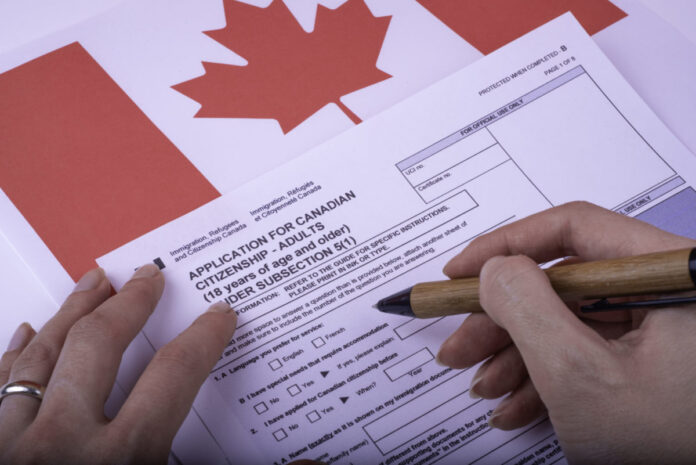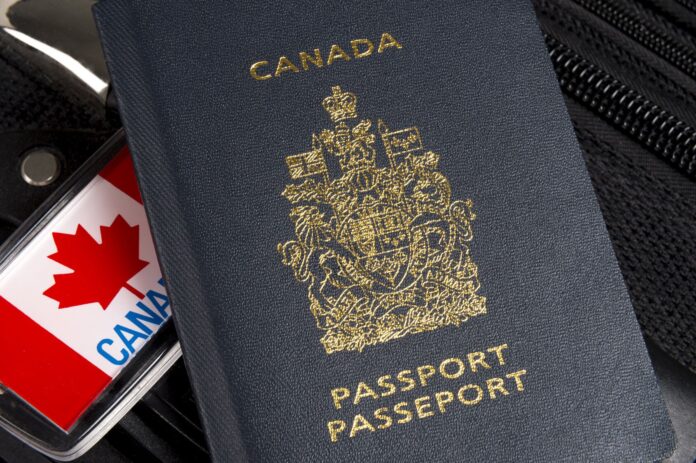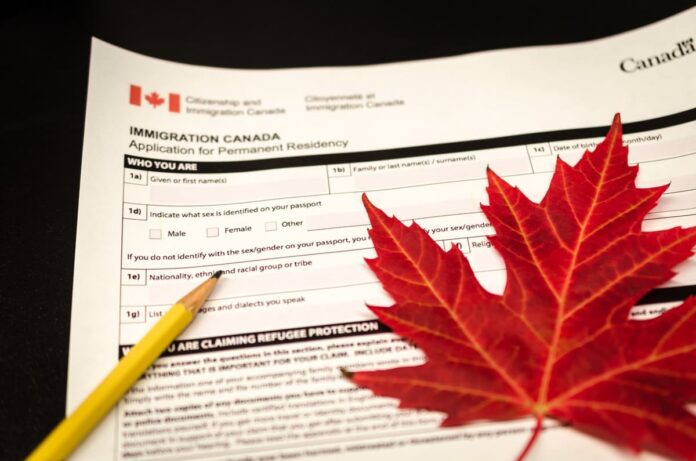No matter what reason you have for opening this particular article, you might have questions about what it takes to move to Canada. A few things you may be wondering about could revolve around the entry process and conditions, how much money you’ll need to live there, as well as what are some of the best places that you could choose to reside in.
Now, we aren’t going to lie, the entire procedure could be daunting and complex, nevertheless, there are some tips that could help you understand everything better. To make things easier for you, here is a list of the top four tips for understanding the Canadian immigration process:
-
There Are Specific Conditions That You Must Pass
The main question that you may be looking for an answer to is what permit requirements – both employment and/or study – there are, as well as which one you should opt for. For starters, you should know that there is a wide range of ways that you could get approval and the one you fit into will be determined by why you want to reside there. A few of the most prevalent emigration options are the following:

- An Express Entry Visa – which is one of the most common methods for skilled people who wish to permanently live in Canada. Firstly, you’ll need to be suitable for 1 of 3 programs under this protocol, and once you determine that you are, you’ll have to submit some files stating your age, language abilities, schooling, and work experience. Once every 2 weeks, the state invites a few prospects to apply for a permanent visa. The costs for the application are approximately $1.300 for grown-ups and $220 per child.
- A Family Sponsorship Visa – if you have family members or immediate relatives already residing in this country, you could opt for applying for a permanent residence visa through them, meaning that they’ll have to sponsor you. If you’re over 18 and if you have someone living in the country, you’ll be able to apply. Keep in mind, it can take more than a year for it to be processed and it’ll take approximately $1.000 dollars to apply for it.
- A Provincial Nominee Visa – you should know that Canada allows each of its regions to manage its own regional nominees, meaning that you could immigrate to the country if you hold specific skills, knowledge, and job experience. Keep in mind, each territory will have its own regulations and rules regarding this particular application, thus, do some digging on each of the province’s conditions, as well as waiting periods, and expenses.
- There Are New Application Methods – with the global pandemic, Canada has implemented a new method of immigration that’ll allow critical workers and students to reside in the country permanently. During this year, there were over 80.000 living spots, and if you fulfill their criteria, you may want to seriously think about applying for this type of residence visa, mostly because it can make the entire process quicker.
- There Are Additional Programs as Well – we’ve mentioned some of the most common options for emigrating, but, you should know that there are other programs as well such as the Skilled Worker and/or the Knowledge Programs. Besides this, you could opt for the Pilot program and the Caregivers program. Keep in mind, you must research each of these residences forms to see whether or not you’re eligible.
-
There Are Work Visas That You Could Obtain

As we’ve mentioned, Canada has implemented some programs for fundamental employees, meaning that they could supply you with a work permit if there is a shortage of workers in a specific area that you may want to reside in. The process of obtaining this permit, as well as the costs you’ll have will be determined by the application you opt for, which is why you must learn more about it on sites such as emigratecanada.com.
You should know, the country also proposes a wide range of work permit methods that don’t demand an LMIA, which means that there are some contracts between Canada and some other countries. These permits will allow business people and students to gain permits in the country, hence, if you’re living in a nation that has signed a trade agreement, you could consider these programs as well.
-
There Are Study Visas That You Could Obtain
Besides all the aforementioned permits, you might also want to live in Canada because of the exceptional global student programs. The initial form that you’ll have to get is an LOA – letter of acceptance – from a college or university in the country, and once you secure this letter, you can then fill in and submit a study application. Besides getting the letter, you’ll also have to prove that you have adept language skills and that you’re able to support yourself while living there.
-
How Much Are The Expenses?

Once you’re approved you should know that there are moving and travel expenses that you’ll have, all of which can easily add up to thousands of dollars. We won’t lie, once you arrive, you’ll quickly learn that it can be expensive to live in the country. Of course, this can somewhat be avoided if you opt for living in a small town or city, which means that the rent you’ll need to pay will also depend on it. Nonetheless, expect to pay approximately $400 for a room and at least $2.500 per month for a house or apartment.
Conclusion
Immigrating to any country isn’t a simple, quick, and easy task, and the same can be said about the process you’ll have to go through if you want to emigrate to Canada. However, by knowing all of the things we’ve mentioned above, you’ll certainly make everything easier and less time-consuming for yourself.
Since you now know what programs you might be eligible for, you shouldn’t waste time. Instead, you should go through our article above one more time, determine which program is the most suitable for you, and from there, learn what you’ll have to do in order to live permanently in Canada.




